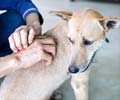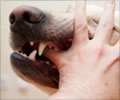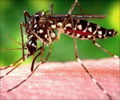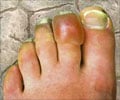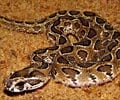- Animal bites: First aid - (http://www.mayoclinic.com/health/first-aid-animal-bites/fa00044)
- Animal Bites - (http://www.nlm.nih.gov/medlineplus/animalbites.html)
About
Animal bites occur frequently in humans. Attack by pets is a common phenomenon, and the bites they cause are usually not life-threatening unless they become infected. Wild animals avoid attacking humans unless they are sick or feel threatened.
Dog bites are the biggest contributors of animal bites. Bites caused by cats, although less common, can lead to higher risks of infections as cat teeth are longer and sharper and can cause deeper and more serious puncture wounds. Stray wild animals such as skunks, raccoons and bats can also bite humans and cause a fair deal of harm.

An animal bite can tear or break the skin of a person, cause a bruise or a puncture wound. The latter would result in the teeth of the animal piercing the skin and hence it is more likely to become infected.
Animal bites have a greater chance of becoming infected in those whose immune system is compromised or in those who have diabetes or have arterial peripheral disease.
Some animals such as bats could be rabid and are likely to spread rabies. If a person receives vaccine shots immediately after being bitten by a bat or any stray wild animal he not only avoids being sick but is able to develop immunity as well.
Symptoms of Animal Bites
Certain bites can cause head ache, fever or flu-like symptoms. Other symptoms include-

- Major breaks / cuts in the skin with / without bleeding
- Crush- type injuries
- Puncture-type wounds
- Bruising
Treatment / First Aid of Animal Bites
Once you are bitten by an animal, clean the affected area with soap and water and seek medical attention depending on the nature of the wound and the kind of animal that bit you. You may either seek emergency medical help or go to your GP, depending on the nature of wound.
First Aid Steps-
- Calm and reassure the person who has been bitten.
- Wash your hands thoroughly with soap before attending to the wounded person. Wash hands afterwards, too.
- If bleeding is not severe, wash the wound thoroughly with running water and mild soap for about 3 to 5 minutes.
- Cover the bitten area with antibiotic ointment. Use a clean dressing.
- If the bite is profusely bleeding, apply pressure on the affected area with a clean and dry cloth until the bleeding halts. Keep the area in a raised position
- If the bite is on the hand or fingers, call the doctor right away.
- Over the next two days monitor the wound for infection. Look out for signs of redness, swelling, and pain.
- If the bite is on the finger or hands or if the injury becomes infected consult a doctor
If the bite is suspected to be from a rabid animal of unknown immunization status, such as bats, consult your doctor immediately.
Simultaneously call the animal control authorities while you keep an eye on the animal. This will help the authorities to capture the animal and assess if the animal needs to be impounded or checked for rabies.
In cases where the animal involved is unknown the animal has to be caught and quarantined. A rabies shot or treatment with antibiotics may also be required. Antibiotics are administered even if the person does not need stitches or rabies vaccine shot.
Always remember to get a booster tetanus shot after an animal bite.
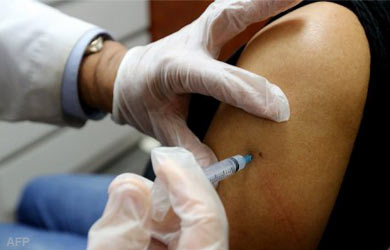
Prevention of Animal Bites
The following measures will help you to prevent animal bites and the ensuing complications-
- Avoid handling, petting or feeding unknown animals
- Watch carefully while children are around animals or play with them
- Vaccinate your pets for rabies, especially cats, dogs and ferrets
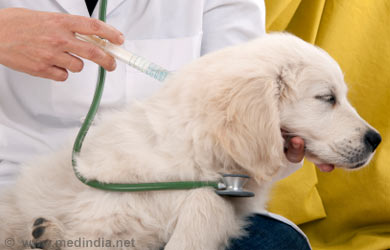
- Make sure you and your family members get a tetanus booster in case you have not had one recently
- Neuter your pet dog to make it less aggressive
- Do not handle snakes. Leave them alone.
- When you are around venomous snakes make sure you wear long pants and boots
Remember, bats, squirrels and other rodents carry rabies. If you have been lying down in an area infested with any of these animals it is better you get your booster shot, as it may be difficult to identify a bite by these animals especially bats.

